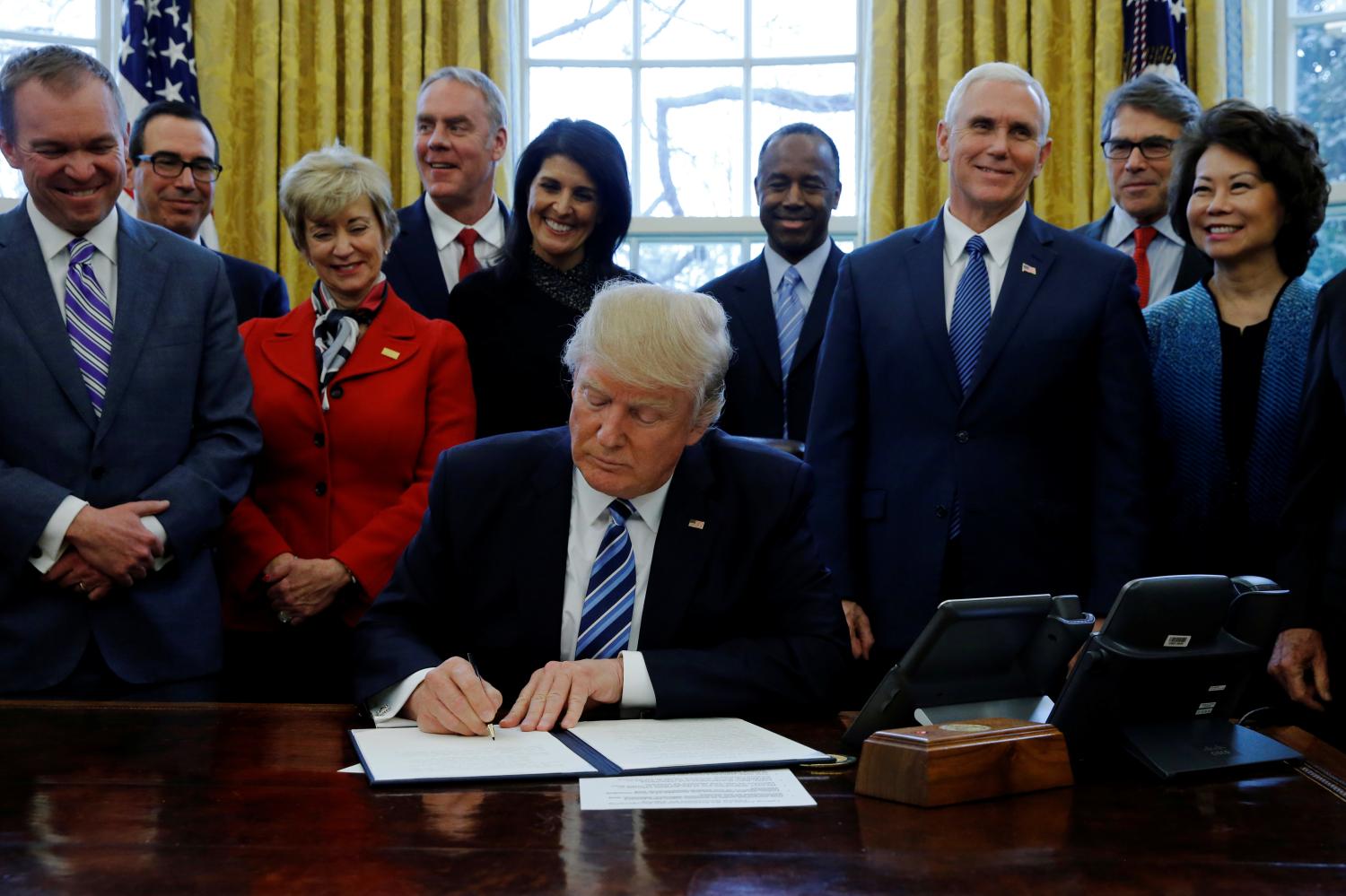Executive Summary
How can we get people to behave themselves? Experts often assume that humans are selfish creatures who respond only to punishments and rewards, and who can’t be trusted to do a good job or refrain from lying, cheating and stealing unless given the right “incentives.” Yet every day we see people behaving ethically and unselfishly—few of us mug the elderly or steal the paper from our neighbor’s yard, and many of us help strangers. We nevertheless overlook the good aspects of our own natures and fixate on the bad things people do and how we can stop them.
This focus on bad behavior obscures the reality, and importance, of goodness, leading us to neglect the crucial role our better impulses could play in shaping society. Evidence from behavioral science and experimental gaming demonstrates that unselfish prosocial behavior (sacrificing to follow ethical rules, or to help or avoid harming others) is far more common and important than generally recognized. Under the right conditions, the vast majority of people act as if they have a conscience that causes them to act ethically and look out for others’ interests.
This paper unpacks how these empirical findings can be used to develop a “Jekyll/Hyde” model of how human behavior shifts predictably from purely selfish to prosocial, depending on certain social cues. The model can help us both understand how legal rules and social norms work, and help us use them more effectively. It also suggests that, rather than leaning on the power of greed to channel human behavior, policymakers often might do better to focus on and promote the force of conscience—the cheapest and most effective police force one could ask for.
The Brookings Institution is committed to quality, independence, and impact.
We are supported by a diverse array of funders. In line with our values and policies, each Brookings publication represents the sole views of its author(s).




